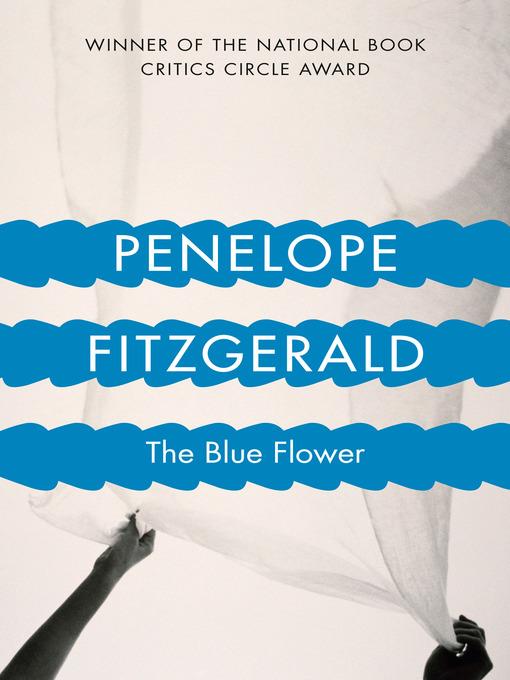
The Blue Flower
کتاب های مرتبط
- اطلاعات
- نقد و بررسی
- دیدگاه کاربران
نقد و بررسی

Starred review from April 14, 1997
In the introduction to his translation of Novalis's Henry von Ofterdingen, Palmer Hilty described Sophie von Kuhn as "a callow, undistinguished girl of Thuringia." Not a terribly inspiring subject, unless the writer is Fitzgerald, the author of the 1979 Booker Prize winner Offshore and a shortlist perennial for the prize. Fitzgerald presents a brilliant, subtly ironic portrayal of Friedrich von Hardenberg (aka Novalis) as an anti-Pygmalion who takes an unformed, all-too-human girl and fires her into an image of chaste muse. After a strict Saxon upbringing and an education at Jena that revolved around Fichte's idealism, Hardenberg meets the 12-year-old Sophie and falls immediately in love. Sophie is neither particularly pretty nor smart (her diary entries run to "We began pickling the raspberries" or "Today no-one came and nothing happened"), but she is optimistic, innocent, malleable. Their three-year courtship parallels her losing battle with tuberculosis; when she dies at 15, she is petrified as the vulnerable, ethereal and pure muse. There's scads of research here, into daily life in Enlightenment-era Saxony, German reactions to the French Revolution and Napoleon, early 19th-century German philosophy (by page two, a fellow Fichte devotee announces, "there is no such concept as a thing in itself!"). But history aside, this is a smart novel. Fitzgerald is alternately witty and poignant, especially in her portrayal of the intelligent, capable women who are too often taken for granted by the oblivious poets. Fitzgerald has created an alternately biting and touching exploration of the nature of Romanticism--capital "R" and small.

























دیدگاه کاربران